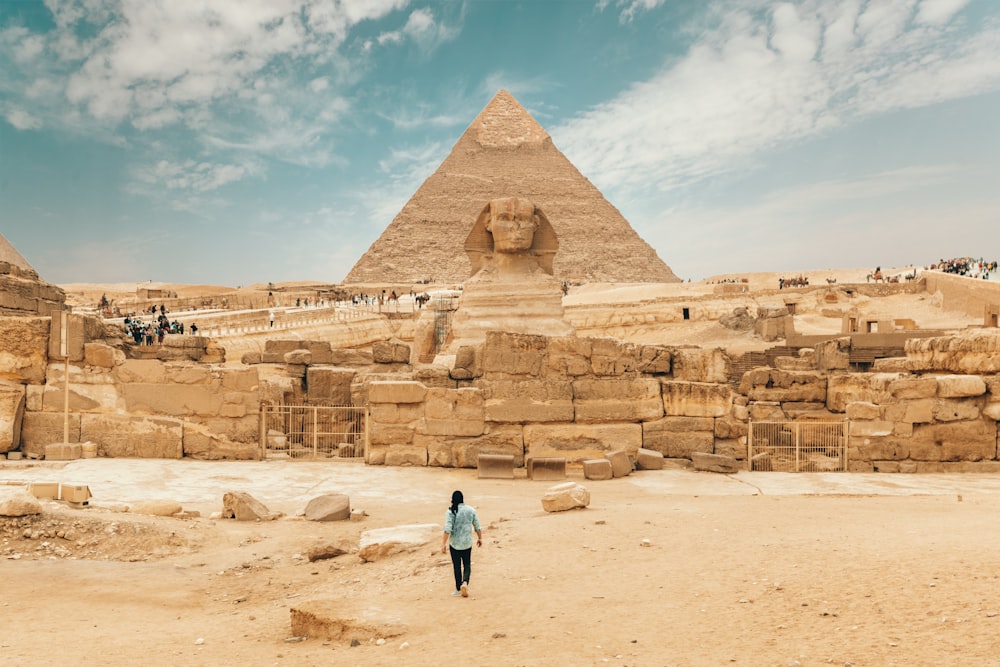As we’ve done our Bible readings in Numbers, a recurring theme occurs. It was the view expressed by dissidents and complainers that they were better off in Egypt. Indeed, on one occasion their exasperation is reflected in the Hebrew language—“why on earth did we ever come out of Egypt?” (Numbers 11 v 20). Constantly however the people complain that they should not have left Egypt (chapters 11, 14, 20 and 21).
Equally constant is the reminder that it was God who brought them out. Their murmuring is therefore a direct challenge to the hand of God in their lives. There is a very strong spiritual lesson for us, as it should have been for them, associated with this ‘exodus’. Egypt came to represent for Israel, what sin represents for both them and us. Like the Egyptians, Sin is a slave owner (Romans 6). As they were baptised (1 Corinthians 10 vv 1,2) in figure, the Exodus record tells us that on reaching safety from the pursuing Egyptians on the other side, they looked back and saw the dead bodies of their former owners littering the shore (see Exodus 14 vv 30, 31). Again in figure, they had put off their old way of life and God was leading them to the covenant land promised to their faithful fathers, Abraham, Isaac and Jacob.

Later instruction from God’s writers reminds us constantly that ‘going back’ in NOT an option. It was Moses himself who rejected Egypt and “sin’s fleeting pleasures (Hebrews 11 vv 25-27). On the same day as we read the people’s exasperated statement in Numbers 11, our second OT reading was Proverbs 7. It is no coincidence that the loose woman against whom Godly wisdom warns the young man, should adorn her bed with a cover made from the fine linen of Egypt (v 16).
Concerning Israel in the days of Hosea, the prophet says “out of Egypt, I have called my son” (ch 11 v 1) reminding them of God’s words to Pharoah that He would take his son from him unless he released Israel, God’s son, from bondage. Later in the times of Jeremiah, God repeatedly reminds them of His call for them to leave Egypt. He condemns the nation when certain rebels defy Him concerning the certainty of their exile to Babylon by deciding that if they flee to Egypt they will be safe (see Jeremiah 42). Finally, the words are repeated, but this time with respect to God’s only Son. When Jesus is born, Matthew quotes Hosea applying the verse to Jesus and the flight of his family from Egypt (Matt 2 v 15).
For Israel there should have been no going back. Slavery was over and they had been freed from its bondage. For Jesus, the Father had called His Son from Egypt, and for him, as for his predecessor and type, he ‘chose to be ill-treated for the people of God, than to enjoy sin’s fleeting pleasure…..he regarded abuse suffered….greater wealth than the treasures of Egypt, for his eyes were fixed on the reward’. And so the Hebrews writer continues, “for the joy set out for him, he endured the cross, disregarding its shame and now sits at the right hand of the throne of God.”
So how about you and me? Surely the same applies. There is no going back to “Egypt”. It is not an option! When we were baptised we were released from the bondage and hold that sin once held over us. We are free to follow our Master’s example and to serve him. His instruction surely is clear. No disciple, having put their hand to the plough and looking back, is fit for the Kingdom of God! (Luke 9 v 62).
Ken Chalmers.
Click to complete our free preparing for baptism lessons on the gospel here and we will personally keep in touch with you as you grow in faith.